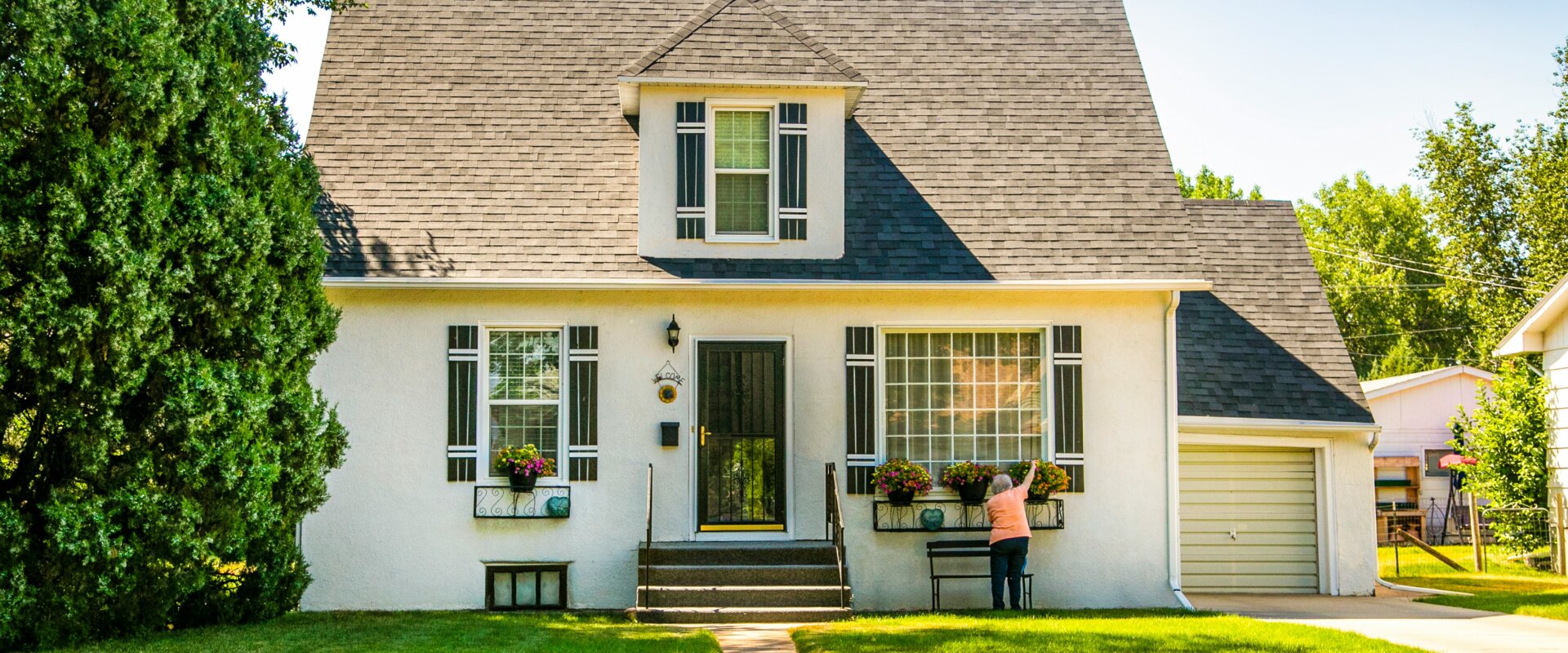As a landlord in Colorado, it’s essential to be well-informed about the legal process of evicting a tenant if they violate the terms of their lease agreement. While it’s never the preferred course of action, sometimes eviction becomes necessary to protect your property and uphold your rights as a landlord. This article will guide you through the steps you should take to legally and effectively evict a tenant in Colorado for lease violations.
1. Review the Lease Agreement:
Before taking any eviction action, carefully review the lease agreement you have with the tenant. Ensure that the lease clearly outlines the terms and conditions of the tenancy, including rules and regulations that the tenant must follow. Understanding the lease terms is crucial, as it will determine whether the tenant’s actions constitute a violation.
2. Communicate with the Tenant:
Open communication can often resolve issues without resorting to eviction. If a tenant violates the lease, reach out to them in writing to discuss the problem and attempt to come to a resolution. This communication can be in the form of a formal notice, such as a “Notice to Quit” or “Notice to Cure or Quit,” clearly stating the violation and providing a reasonable timeframe for rectification.
3. Serve Legal Notices:
If the issue persists after your initial communication, you may need to serve the tenant with a formal eviction notice. In Colorado, the specific notice you serve will depend on the nature of the violation:
- Notice to Quit: This notice is typically used for severe violations, such as illegal activities on the property, and gives the tenant a short timeframe to vacate the premises (usually three days).
- Notice to Cure or Quit: For lease violations that are not as severe, this notice gives the tenant a specific timeframe (usually ten days) to remedy the breach, such as paying overdue rent or addressing other lease violations.
4. File an Eviction Lawsuit:
If the tenant does not comply with the notice, you can proceed with filing an eviction lawsuit, also known as a “Forcible Entry and Detainer” (FED) action. You’ll need to file the necessary paperwork with the appropriate county court. Be prepared to pay filing fees and provide evidence of the lease violation.
5. Attend the Court Hearing:
After filing the eviction lawsuit, both you and the tenant will be notified of a court hearing date. Attend this hearing prepared to present your case and provide evidence of the lease violation. If the court rules in your favor, it will issue an “Order for Possession,” allowing you to regain control of the property.
6. Enforce the Eviction Order:
If the tenant does not voluntarily vacate the property after the court’s decision, you may need to work with law enforcement to enforce the eviction order. Keep in mind that Colorado law prohibits self-help eviction methods, such as changing locks or removing the tenant’s belongings without proper legal authority.
7. Post-Eviction Considerations:
Once the eviction is complete, you may also need to pursue a judgment for any unpaid rent or damages incurred during the tenancy. Consult with legal counsel or small claims court to pursue these claims.
Evicting a tenant in Colorado for lease violations is a complex process that must strictly adhere to state laws and regulations. It’s essential to follow each step meticulously, and if you’re unsure about any aspect of the process, seek legal counsel to ensure you’re in compliance with all relevant laws. Remember that eviction should always be the last resort, and open communication should be your first attempt to resolve any issues with your tenant.


